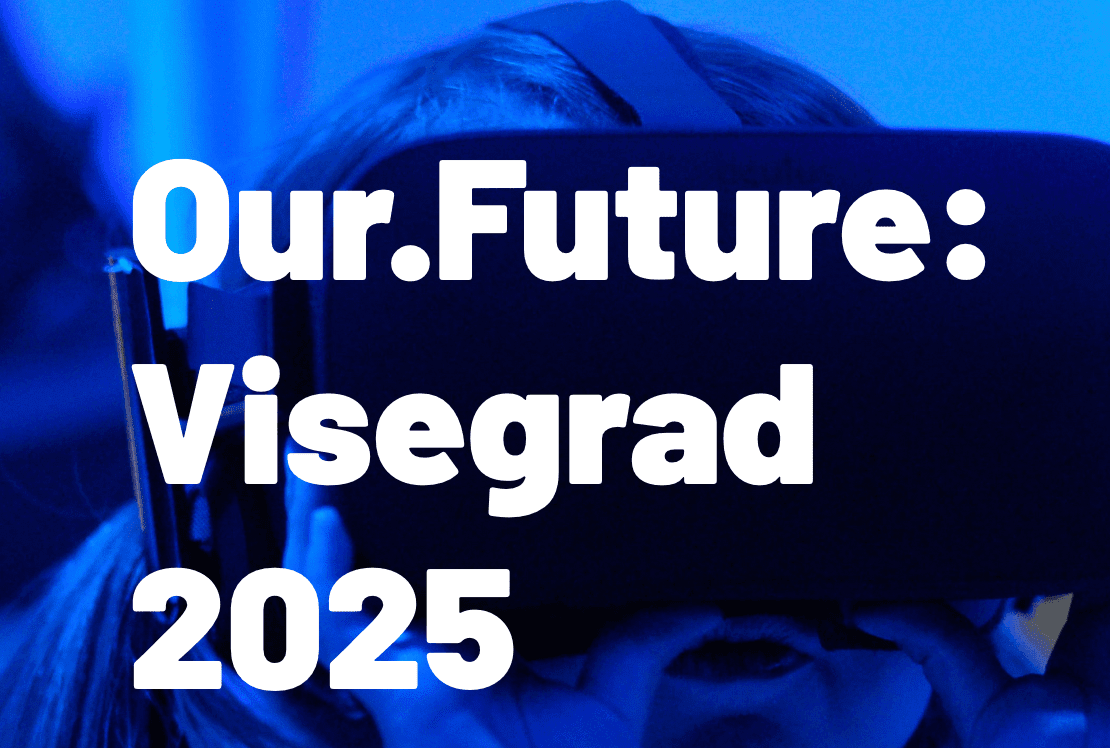The influence of the Visegrad Four has grown considerably since its incarnation more than 30 years ago. What started as a fledgling group of post-communist countries — bent on joining Western institutions and eager to open their doors to a pluriverse just beyond their borders — has emerged a collection of societies bridging the classic East-West divisions, complete with the obstacles that democratic transitions entail.
What often dominates commentary on the region, and for good reason, are the non-democratic notions like illiberalism, disinformation and the tests to the rule of law, but the V4 also offers a unique set of circumstances to catch up with their Western counterparts if they are able to capitalise on the opportunities lying in wait.
In this report, readers will find the challenges and security issues posed by a — thus far — lacklustre drive for embracing the technological change; this includes everything from the inevitable rise of automation, digitalisation and necessary educational reforms.
Likewise, the V4’s environment and ecology are facing a bleak future with ever-increasing droughts and floods threatening the existence of settlements and water security for large populations. The absence of coordinated efforts to stem the negative effects of climate change and pollution born from the use of fossil fuels have left the region with a hodgepodge and ineffective strategy for handling the crisis.
All of the following sections of the report and policy suggestions below do have a common thread running through them; the purpose of which is to create local communities strong enough to retain young people and offer them space for action and development. Otherwise, with burdens on our social systems caused by ageing populations and exacerbated by further emigration, no true breakthrough will be reached.
Bearing in mind thes challenges, our background analysis and consultations with experts from across the region have formulated the following policy recommendations and scenarios that can help guide stakeholders wishing to confront the stark realities of our collective future and shape our societies into more equal environments which will attract the attention and investment from close neighbours and far-off allies.
You can view the full report at the following link:
https://staging.egyensulyintezet.hu/wp-content/uploads/2022/05/Our.Future.Visegrad.2025..pdf


